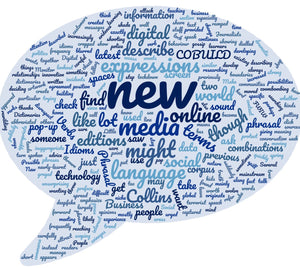
A New Turn of Phrase
When we think of language change, it tends to be new coinages that spring to mind (rewilding, deepfake, zoombombing), but in fact, a lot of new language is created by putting existing words together in new combinations, that’s especially true...